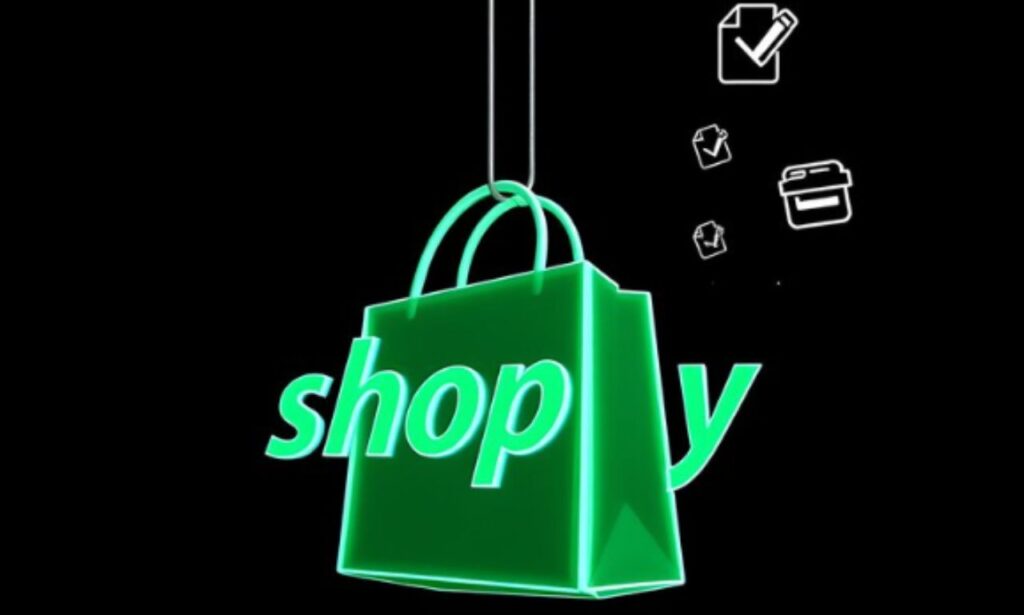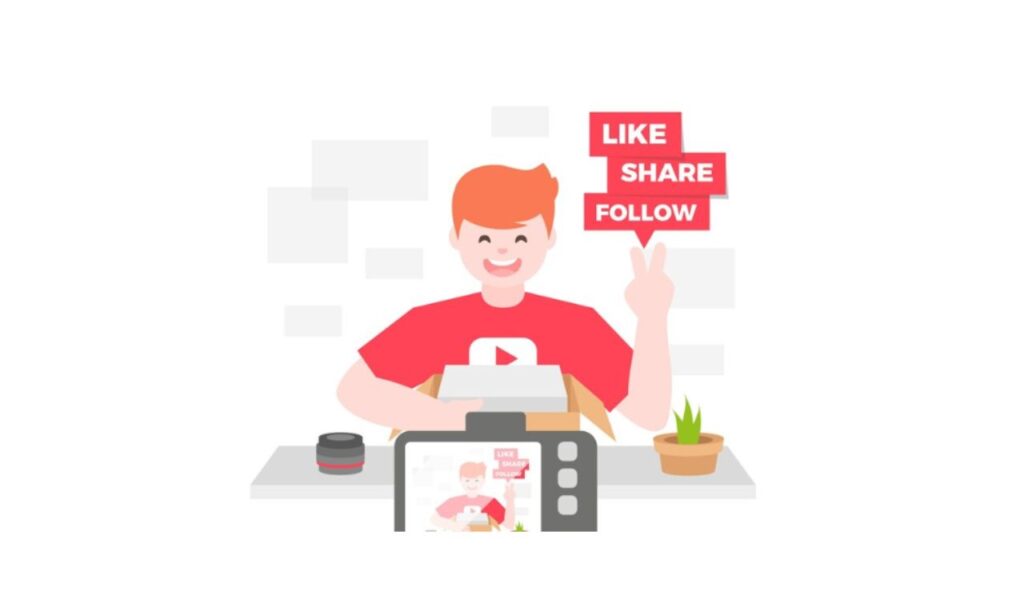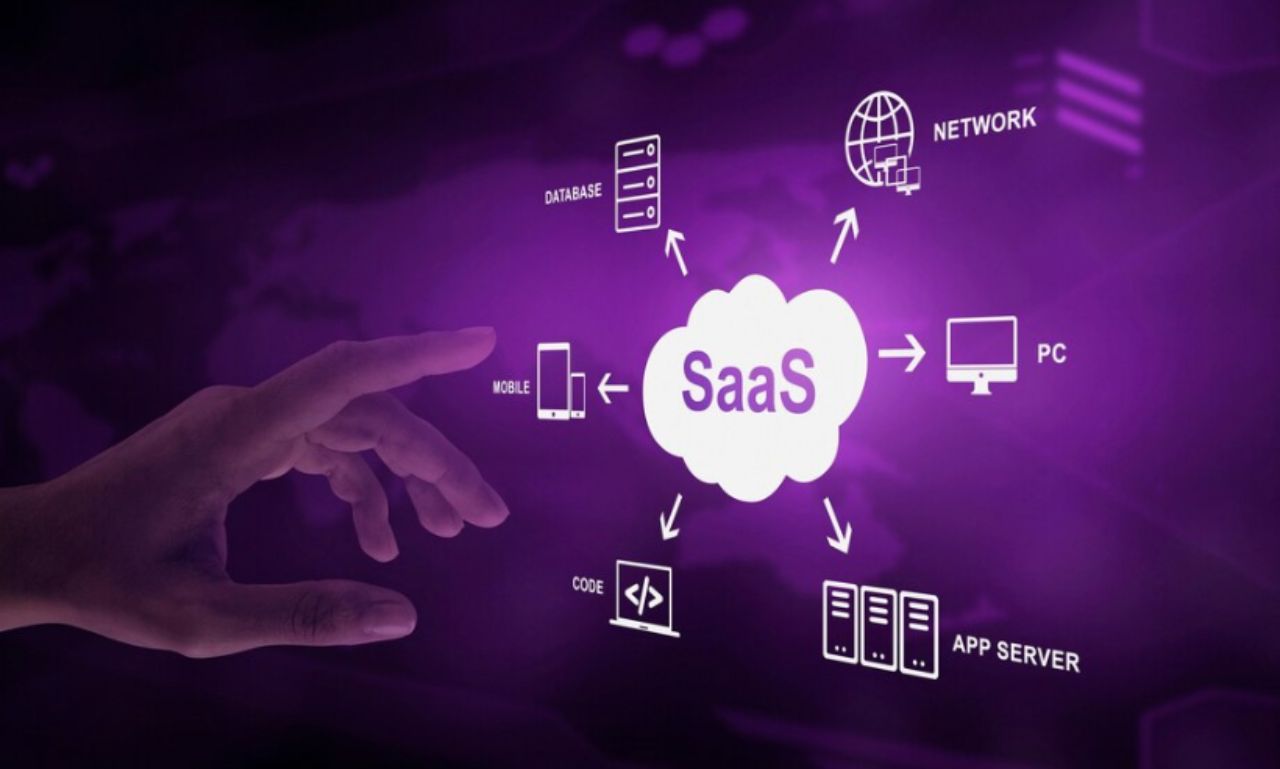Looking for affordable SaaS tools for startups 2025? Find cheap, easy software to manage tasks, chat with teams, send emails, and grow your business fast.
Let’s learn what they are. Then we will see the best cheap ones for startups like yours.
What is SaaS?
SaaS means Software as a Service.
It is a type of tool you use online. You don’t install big software on your computer. You just open your browser and use it.
You pay monthly or yearly. It is easy. You can stop anytime.
Big businesses use SaaS tools. Now small businesses and startups use them too. They help save time, work faster, and keep things simple.
Why Use Affordable SaaS Tools for Startups 2025?
Here are 5 big reasons:
- Low cost – You pay a small fee, not a big one-time price.
- No setup – You don’t need to install or build anything.
- Use anywhere – Work from home, office, or while traveling.
- Easy to learn – Most SaaS tools are simple and fast to use.
- Grow with you – You can start small, then upgrade later.
SaaS tools help with many things: email, project work, team chats, money, and more.
Let’s now look at the most useful and cheap SaaS tools for startups in 2025.
1. Trello – Manage Projects Easily

Trello is a tool for organizing your work.
You make boards, lists, and cards. It looks like sticky notes on a wall.
You can:
- Add tasks
- Set deadlines
- Work with your team
- Track your progress
Why it’s good for startups:
- Free version is great
- Clean and easy to use
- Works on phone and laptop
- Helps teams stay on track
2. Google Workspace – Write, Share, Meet
Google Workspace (was G Suite) gives you many tools:
- Gmail for email
- Google Docs for writing
- Google Sheets for tables
- Google Meet for video calls
- Google Drive for storage
Why it’s good for startups:
- Free for basic use
- All tools in one place
- Works on any device
- Easy to share files with team or clients
3. Slack – Talk to Your Team
Slack is like a chatroom for your team.
You can:
- Send text messages
- Make calls
- Share files
- Create channels for different topics
Why it’s good for startups:
- Free plan available
- Fast team communication
- Less email needed
- Easy to search old messages
4. Zoom – Meet Online

Zoom is great for online meetings.
You can:
- Have team video calls
- Talk to clients
- Share your screen
- Record meetings
Why it’s good for startups:
- Free plan for short calls
- Simple to use
- High video quality
- Used by many companies
5. Mailchimp – Send Marketing Emails
Want to send emails to many people? Mailchimp is a great tool.
You can:
- Design emails
- Create email lists
- Send to thousands of people
- See how many open your emails
Why it’s good for startups:
- Free for up to 500 contacts
- Easy drag-and-drop editor
- Helps grow your business
- No tech skills needed
6. Canva – Make Graphics Easily
Canva helps you create:
- Social media posts
- Flyers
- Posters
- Logos
You don’t need to be a designer. Just drag, drop, and done.
Why it’s good for startups:
- Free plan is powerful
- No design skills needed
- Ready-made templates
- Works on phone or laptop
7. Notion – Notes and Everything in One
Notion is a note-taking tool. But it can do much more.
You can use it to:
- Plan tasks
- Write notes
- Create a simple website
- Make databases
Why it’s good for startups:
- Free for personal use
- Clean and simple look
- Great for solo founders or small teams
- All your info in one place
8. Zapier – Connect All Your Tools
Zapier is a smart tool. It connects your apps and makes them work together.
You can set simple rules. Example:
“If I get a new email, save it in Google Sheets.”
These are called Zaps.
Why it’s good for startups:
- Free for simple Zaps
- Saves lots of time
- No code needed
- Works with 5,000+ apps
Zapier helps you do less work manually. Let the computer do it!
9. HubSpot CRM – Manage Customers
HubSpot CRM helps you track your customers. CRM means Customer Relationship Management.
With HubSpot, you can:
- Save customer info
- Track emails and calls
- See deal progress
- Use live chat
Why it’s good for startups:
- Free forever plan
- Easy for beginners
- Helps grow sales
- No need for big training
10. Zoho CRM – Another CRM Option
Zoho CRM is also a customer management tool. It helps you:
- Talk to leads
- Send follow-ups
- Track sales
- Manage tasks
Why it’s good for startups:
- Free plan for 3 users
- Many features
- Clean dashboard
- Easy to grow with
You can choose Zoho or HubSpot. Both are good for new businesses.
11. Shopify – Sell Online Fast

Want to sell products online? Shopify is a great tool.
You can:
- Build your store fast
- Add your products
- Accept payments
- Ship to buyers
Why it’s good for startups:
- Easy for beginners
- Free trial
- Works with dropshipping
- Many themes and tools
Shopify is trusted by millions. Good for any business that wants to sell online.
12. WordPress.com – Make a Website
WordPress helps you build a blog or website. No need to code.
You can:
- Write blogs
- Share news
- Show your services
- Sell items too
Why it’s good for startups:
- Free plan available
- Easy to set up
- Many templates
- SEO friendly
It’s perfect for small businesses or freelancers who want to look professional.
13. Buffer – Social Media Tool
Want to post on Instagram, Facebook, Twitter, or LinkedIn? Use Buffer.
It helps you:
- Plan your posts
- Write captions early
- Schedule posts
- Track likes and clicks
Why it’s good for startups:
- Free plan for 3 channels
- Saves time
- See which posts work best
- Clean and simple
14. PayPal – Accept Payments Online
PayPal helps you take money from customers. It works in many countries.
You can:
- Accept cards
- Send invoices
- Receive payments fast
- Link it to your bank
Why it’s good for startups:
- No monthly fee
- Trusted worldwide
- Easy to use
- Safe for buyers and sellers
PayPal is good for freelancers, small shops, and global startups.
15. QuickBooks – Track Your Money
QuickBooks is a tool for your business money. It helps with:
- Invoices
- Expenses
- Reports
- Taxes
Why it’s good for startups:
- Simple to use
- Works on phone
- Makes tax time easier
- Shows how much you earn and spend
QuickBooks is great if you want to track money like a pro.
16. Canva Pro – Design Like a Pro
We talked about free Canva. But Canva Pro gives more.
You get:
- More templates
- More fonts
- Resize tools
- Remove backgrounds
Why it’s good for startups:
- Only $12.99/month
- Save time on graphics
- Look professional
- No designer needed
If you post on social media or make flyers, Canva Pro helps a lot.
17. Calendly – Book Meetings Fast
Calendly helps people book time with you. No more back-and-forth emails.
You just:
- Set your time slots
- Share your link
- Let others choose time
Why it’s good for startups:
- Free for 1 calendar
- Saves time
- Looks professional
- Good for sales or support
Tips for Picking the Right SaaS Tools
Here are some simple tips:
- Start with free tools
Many good tools have a free version. Try before you pay.
- Don’t use too many
Use just 5–6 tools that really help. Too many tools = confusion.
- Check support
Make sure there is help if you get stuck. Some tools offer live chat or email support.
- Think about your team
Pick tools your team can understand and use easily.
- Look at mobile apps
Some tools work better on phone too. That’s helpful for work on the go.
Bonus Tools for Special Needs
Not all startups need the same tools. Some need extra help with things like hiring, team work, or legal stuff. Here are a few more helpful tools.
18. BambooHR – For Hiring and HR
If you have a team, you must manage people. BambooHR helps you:
- Keep employee records
- Track time off
- Post job listings
- Do onboarding
Why it’s good:
- Simple layout
- Easy for small teams
- Good support
- Helps save HR time
19. Grammarly – Fix Your English
Writing emails or blogs? Grammarly checks your grammar and spelling.
You can:
- Write faster
- Avoid mistakes
- Sound professional
- Use it on browser, email, or phone
Why it’s good:
- Free basic version
- Great for non-English speakers
- Easy suggestions
- Works everywhere
20. Loom – Make Quick Videos

Loom helps you record videos with your screen and voice. It’s great for:
- Showing how something works
- Talking to your team
- Sending updates to clients
Why it’s good:
- Free for short videos
- Works on browser or app
- Saves time (no need to type)
- Fast to share
21. ClickUp – All-in-One Work Tool
ClickUp is like Trello but with more features. You can:
- Track tasks
- Make docs
- Plan goals
- Create calendars
Why it’s good:
- Free version is big
- Custom views (list, board, calendar)
- Replace 4–5 tools with one
- Great for teams
Super Helper: doola
When you start a business, you have to:
- Register your company
- Handle taxes
- Do bookkeeping
- Stay legal
This is hard. Especially for people outside the U.S.
doola helps you with all of this. You can:
- Start a U.S. company from anywhere
- Open a bank account
- File taxes
- Stay compliant
Why it’s good for startups:
- Works for global founders
- Easy to use
- Full support
- Plans for all budgets
doola is not a SaaS tool like Trello or Slack. But it’s a service that helps your startup grow safely.
Summary: Best Tools for 2025
Here’s a quick list of the best tools we covered:
| Tool | What It Does | Free Plan? |
| Trello | Task and project tracking | ✅ Yes |
| Google Workspace | Email, docs, meetings | ✅ Yes |
| Slack | Team communication | ✅ Yes |
| Zoom | Video meetings | ✅ Yes |
| Mailchimp | Email marketing | ✅ Yes |
| Canva | Design content | ✅ Yes |
| Notion | Notes and docs | ✅ Yes |
| Zapier | App automation | ✅ Yes |
| HubSpot CRM | Customer management | ✅ Yes |
| Zoho CRM | Lead and sales tracking | ✅ Yes |
| Shopify | Online store builder | ❌ Free Trial |
| WordPress.com | Website/blog platform | ✅ Yes |
| Buffer | Social media posting | ✅ Yes |
| PayPal | Online payments | ✅ Yes |
| QuickBooks | Accounting and reports | ❌ Free Trial |
| Calendly | Meeting scheduler | ✅ Yes |
| BambooHR | HR and hiring | ❌ Free Trial |
| Grammarly | Writing assistant | ✅ Yes |
| Loom | Record videos easily | ✅ Yes |
| ClickUp | All-in-one work tool | ✅ Yes |
| doola | Start & manage your company | ❌ Paid |
Final Tips for Startup Owners
- Start small. Try 2–3 free tools first.
- Stay simple. Use what helps. Drop what doesn’t.
- Review often. As your startup grows, your tools may change.
- Train your team. Make sure everyone knows how to use the tools.
- Ask for help. Most tools have chat or email support.
Ready to Grow?
Now you have a full list of affordable SaaS tools for your startup in 2025.
These tools will help you:
- Work faster
- Save time
- Spend less
- Look professional
- Grow big!
Don’t wait. Try one or two today. Most of them are free. Build your dream business step by step.
FAQ – Frequently Asked Questions
1. What does SaaS mean?
SaaS means Software as a Service. You use it on the internet. No need to install big software. You just sign in and start using it.
2. Are SaaS tools free?
Many SaaS tools have a free plan. Some are 100% free. Others give free trials. If you need more features, you can pay for them later.
3. What is the best SaaS tool for beginners?
Start with simple tools like:
- Trello (for tasks)
- Canva (for design)
- Slack (for team chat)
- Google Workspace (for email and docs)
They are easy to learn.
4. Do I need to know coding to use SaaS tools?
No! Most SaaS tools are made for beginners. You just click, drag, and type. No coding needed.
5. Can I use these tools on my phone?
Yes! Almost all tools have mobile apps. You can work from your phone or tablet.
6. How do I choose the right tools?
Here are 3 simple tips:
- Start with free ones
- Choose only what you need now
- Pick tools that are easy to use
7. Do SaaS tools work offline?
Most SaaS tools need the internet. Some, like Google Docs, let you work offline. But you still need to connect later to save your work.
8. Are my files and data safe?
Most popular SaaS tools use strong security. They protect your files and customer data. Just make sure to use a strong password.
9. Can SaaS tools help remote teams?
Yes! Tools like Slack, Zoom, and Google Workspace are perfect for remote work. They help your team talk, share files, and stay on task.
10. How many tools should I use?
Start with 3–5 tools. If you use too many, it gets confusing. Choose tools that solve your main problems first.



















Leave a Reply